Can You Put A Wig On Without A Cap
It seems like putting on a cap is a necessary step before installing the wig, as we all know a wig cap acts as a barrier between the scalp and the wig, wearing it can make you feel cozy and comfortable. However, many people choose not to wear a wig cap when they wear their wigs. Next, We list the pros and cons of wearing or not wearing a cap to help you make a decision.
Can You Wear A Wig Without A Wig Cap?
You can put on a wig without a cap, but it is totally up to your individual preferences, hair conditions, and lifestyle. Next, we mainly focus on these factors to explain’ Can You Put A Wig On Without A Cap’.
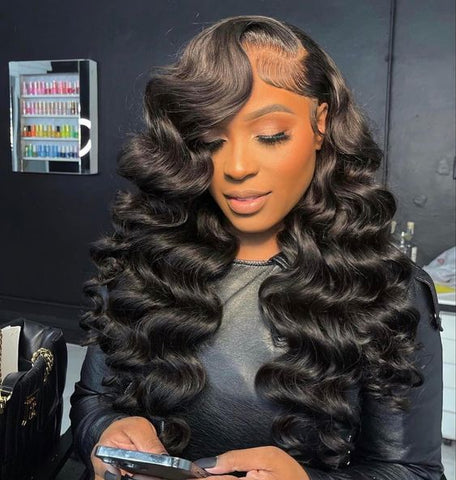
If You Nearly Don't Have Hair Or Hair Loss
Pro: Caps can make you feel comfortable and Fresh
Wearing a wig cap provides a cushion of comfort, akin to fresh socks in the morning, which can be especially soothing for individuals with complete hair loss or sensitive scalps.
Pro: cap can Absorb Sweat
Preventing exposure to moisture and sweat. This is crucial for maintaining the longevity of wigs, as dampness can damage the unit.
Pro: Protect sensitive Skin: The wig cap acts as a protective layer against potential irritation from the wig base or adhesives, which can be particularly comforting for individuals with complete hair loss.

Con: Risk of Wig Slippage
Wearing a wig cap may increase the chances of the wig slipping out of place, as it creates an additional smooth surface under the real human hair wigs.
Con: Potential Discomfort
Some individuals may find wig caps to be hot or uncomfortable, especially if they are prone to feeling warm easily.
If You Have Full Hair
Pro: Smooth Your Hair
Prevents Hair Flyaways: Keeps loose strands of hair and flyaways from falling out of the cap and showing through the wig.
Pro: Comfort and Itchiness Reduction
Wig caps act as a layer of comfort underneath the wig, particularly beneficial for individuals with a full head of hair who may still experience itchiness.
Con: Tightness and Headaches
In some cases, wig caps may feel too tight, potentially leading to headaches, especially for those with full hair. Finding the right fit is crucial for comfort.
Con: Potential for Overheating
Especially for those with long or thick hair, adding a wig cap can lead to overheating, particularly in hot climates.
Personal Lifestyle
If you are located in a warmer climate country, it is not recommended to wear a wig cap before putting on a wig. Because the cap is just like adding a layer underneath the wig, there is no doubt that extra heat will make you feel hot which is uncomfortable.
On the other hand, if your hometown is cool and suitable temperature, be free to wear a cap without concern.
Your Preference
Whether you choose to wear a cap, the decision boils down to your personal choice, if you like, nothing is a problem. And if you feel it tight on your head, you can wear a wig without it.
How To Wear A Wig Without A Cap
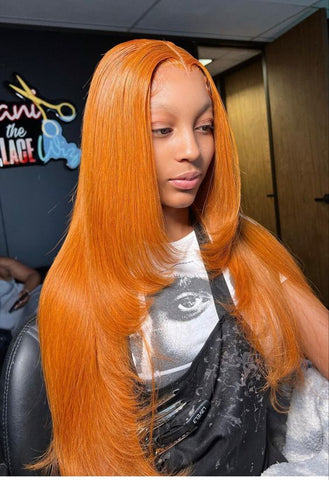
Step 1: Prepare Your Skin
Ensure your natural scalp and the skin around the hairline are clean and completely dry. If you have sensitive skin, please spray a scalp protector to avoid itchiness and irritation on your skin before putting your wig on.
Step 2: Preparing Your Natural Hair
Making your hair in a flat style is important especially when you give up using a cap. You can do braids or a low bun work well to create an even surface for the wig to rest on. This step provides a stable foundation for the wig.
Prepare your natural hair without a wig cap by braiding or twisting to flatten and smooth the wig fit while preventing lumps. For partial hair loss, braiding protects and promotes your natural hair growth. For full and thick hair, Section the hair into several parts for best results. Another method is Twists to prepare hair Secure twists with pins or clips. To some extent, Smaller twists in size can avoid Bulky and unnatural bumps beneath the wig.
Step 3: Positioning the Wig
Hold your wig by the nape and tilt your head forward slightly. Starting from the front, gently place the wig on your head. Position it so that the front edge of the wig aligns with your natural hairline.
Step 4: Adjusting the Wig
Properly adjusting the wig ensures a comfortable fit that feels secure throughout the day. Place the wig centrally by aligning the ear tabs with the sides of the wig in front of your ears. Take your time to adjust it until it sits naturally.
Step 4: Securing the Wig
ensure the wig stays in place, here are various ways to secure the wig. The common tools that are Used to do this are adjustable Straps, combs, or clips. If needed, make any additional adjustments like bobby pins and wig tape to ensure the wig feels comfortable and secure.
Step 5: Styling as Desired
With the wig securely in place, it's time to style it to your liking.
You can use styling Tools such as flat irons, curling irons, or other styling tools on human hair lace front wigs to achieve your preferred look.
About Choosing A Wig Cap
You should take some aspects into consideration When deciding on choosing the right wig cap to meet the different tastes of a variety of people. keep reading.
Different Material
Spandex: Stretchy material accommodates various head sizes. Less breathable compared to some other materials.
Cotton: it’s a good option for those who have full real hair. But they can absorb sweat and moisture, potentially making your skin dry.
Nylon: also often be found, this kind of material is Durable and long-lasting. The downside is irritating and scratchy your scalp.
Mesh: allowing good air circulation for a breathable experience. But maybe less secure compared to other materials.
Various Color
Ensure the cap color closely matches your wig color before choosing a wig cap. This helps create a seamless look, preventing your unit from being easily recognized as a ‘wig’. For example, if you are prepared to put on a lighter color wig, choose one beige tone cap, and if you wear a brunette wig, a black/dark wig cap would be an option for you.
Versatile Size
The size of wig caps can be unified on average, Usually, one size fits all. However, head size differs depending on the individual’s differences. If you feel a tight or big cap on your head, it is best to wear the wig without the cap. Measure the circumference of your head to determine the appropriate size.
Warning tips: keep in mind that selecting a High-quality wig cap is crucial because the material of wig caps varies from bad to good on the market. We recommend you buy a soft, stretchy, and comfortable wig cap from a reputable company.








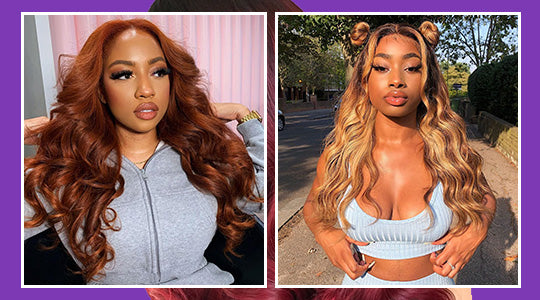


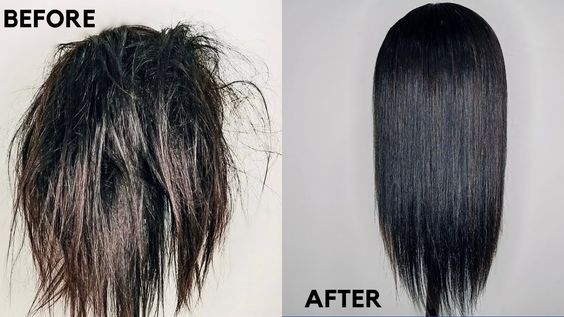

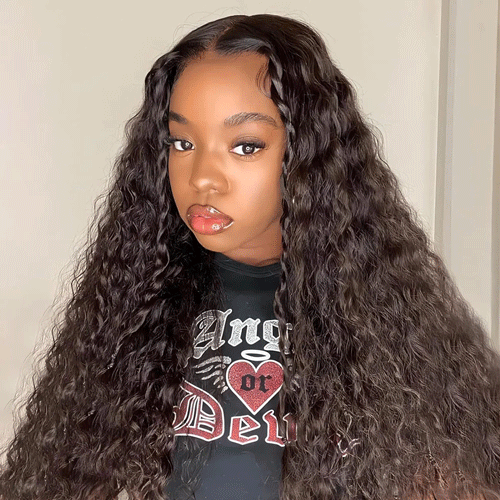

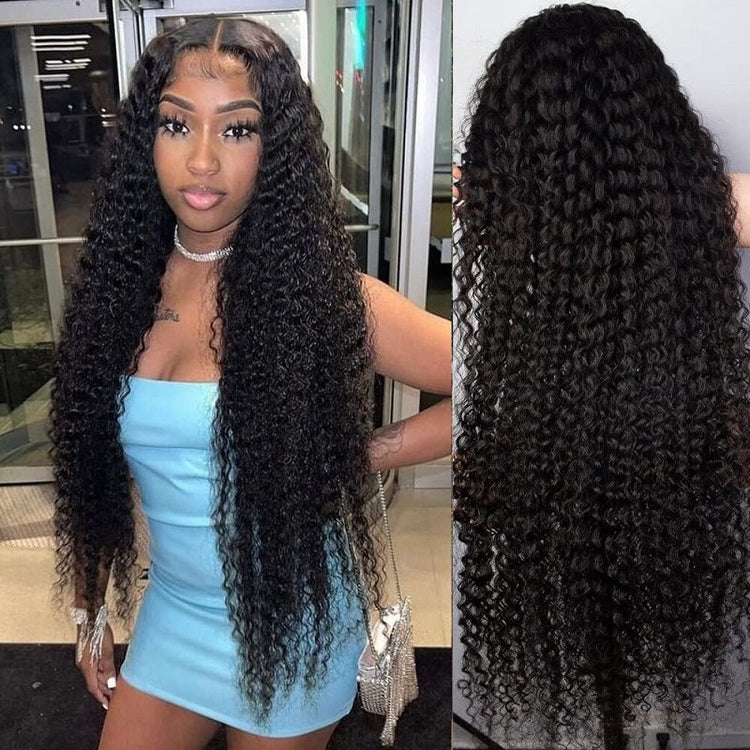
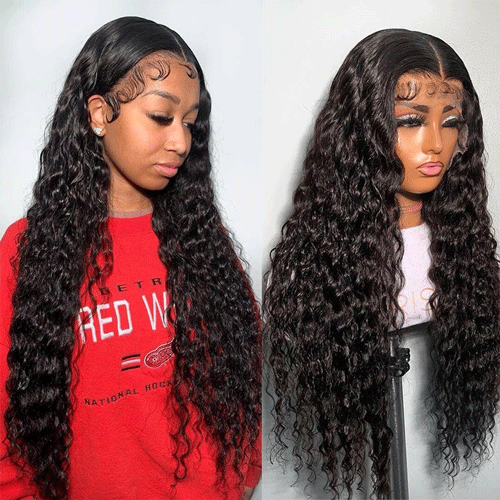
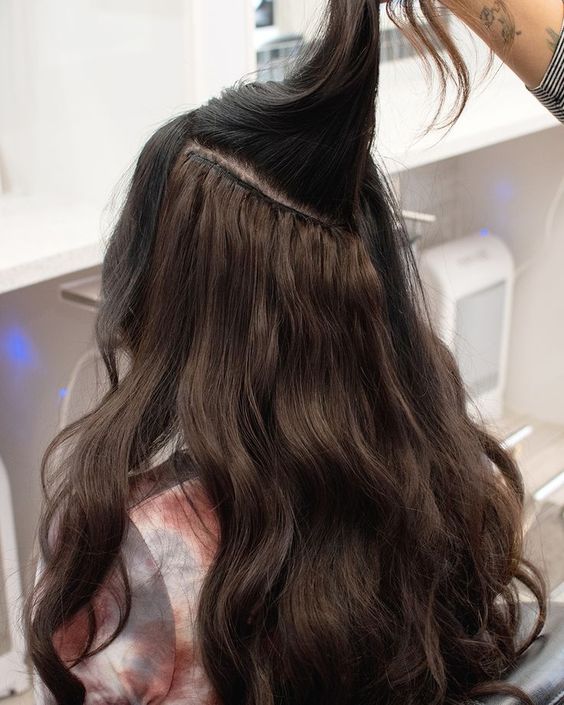
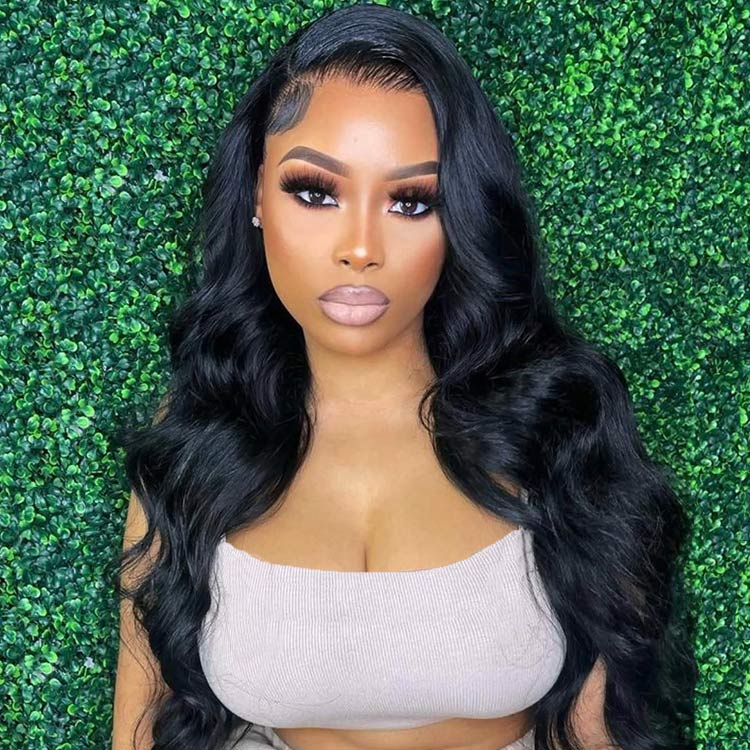

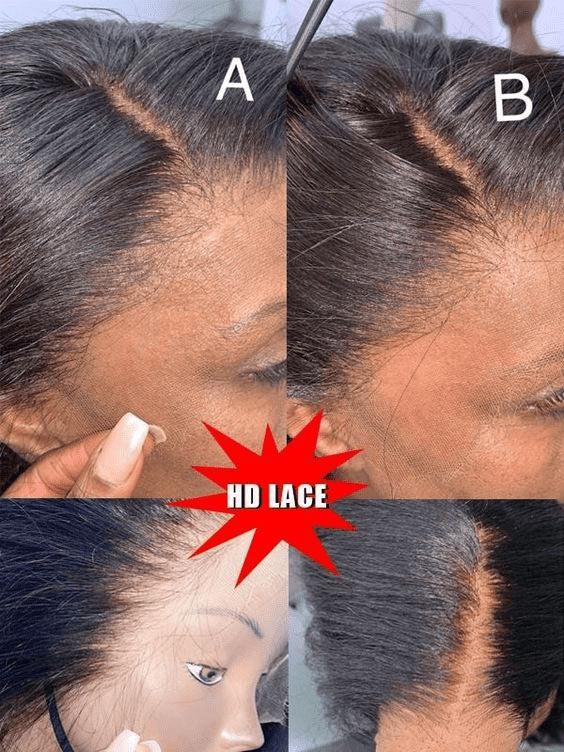
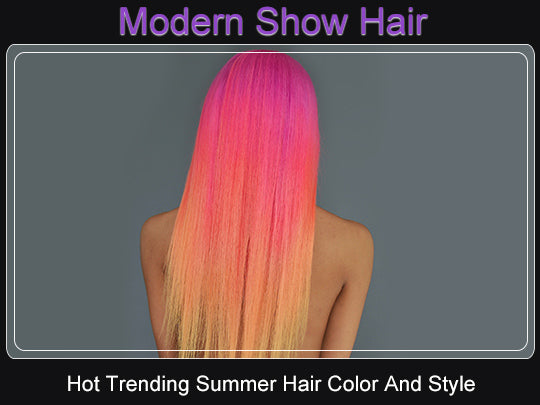
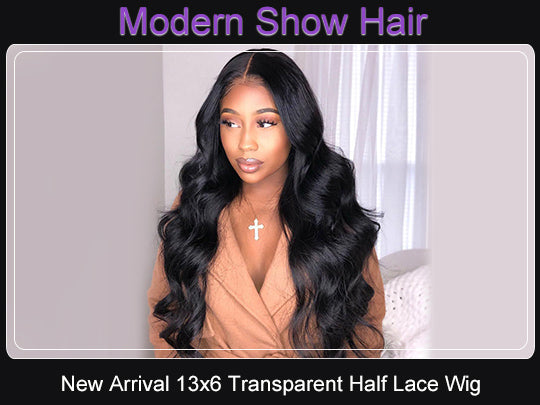
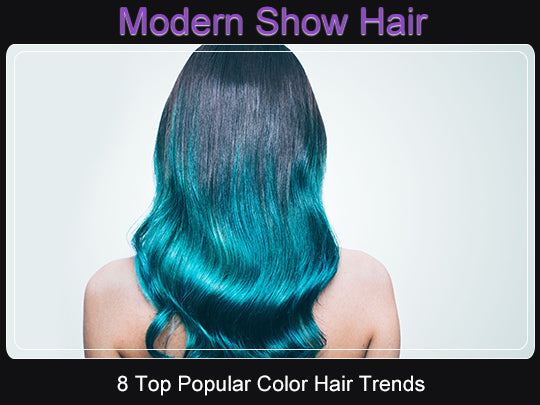

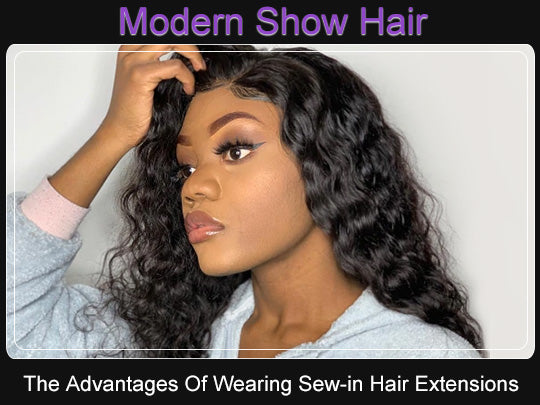





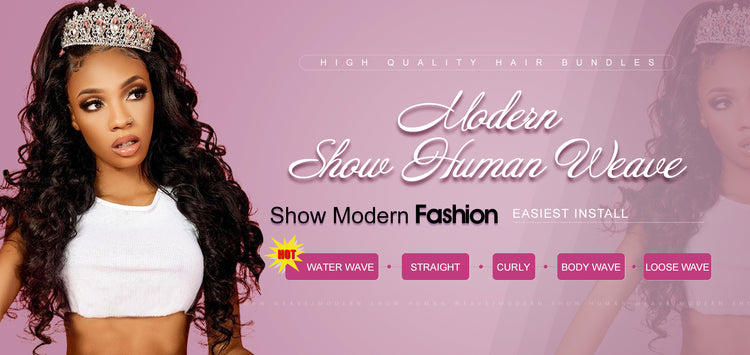

Hinterlassen Sie einen Kommentar